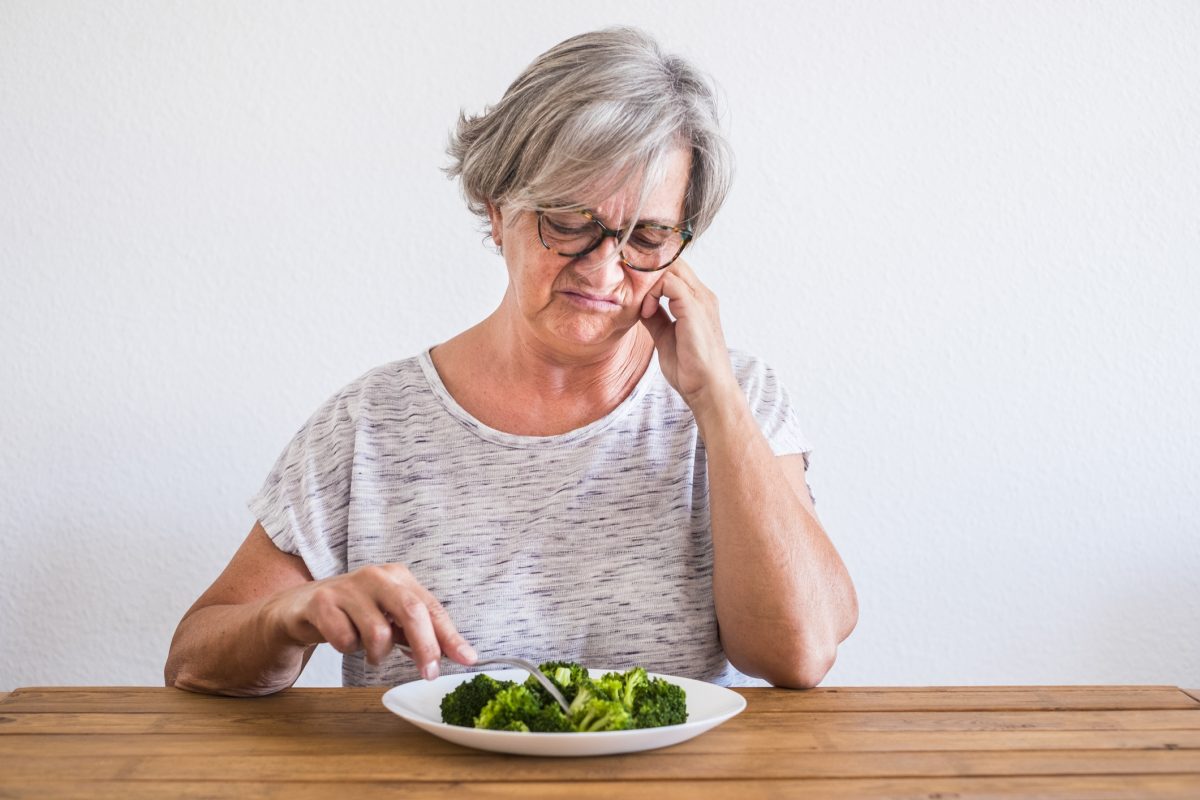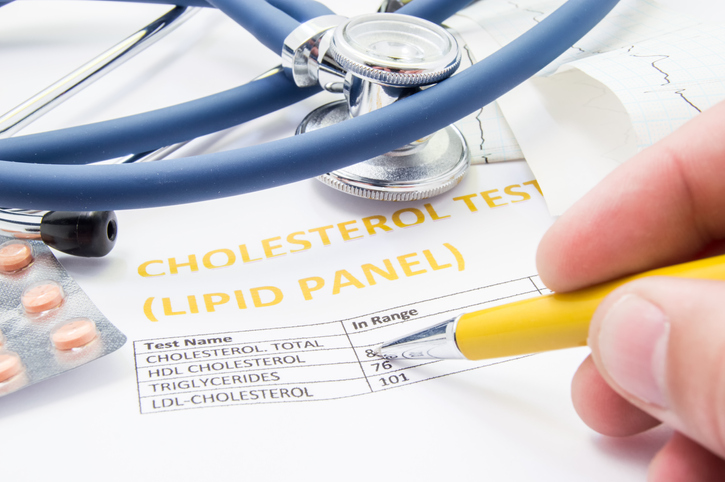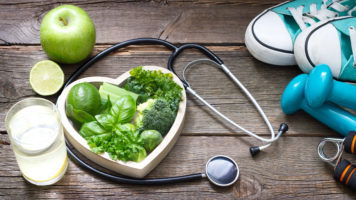Reader Question: My mom is ninety-two years old. She weighs 62 lbs and has been diagnosed with dementia. She doesn’t want to eat. What can I do? How do I deal with this trauma of dementia and weight loss!
First, let me begin by offering a virtual hug. I can feel your sadness through the keyboard, and you are certainly not alone. Let me say, you are brave, you are allowed to feel sad, and you are doing an amazing job by taking the time to educate yourself.
I have seen many adult children heartbroken over the changes their loved one’s experience during a dementia journey. There is no easy way to navigate the mental and physical changes your mom is experiencing. But, I will do my best to offer some advice that might help a bit.
Dementia and weight loss
Before the changes in speech and the obvious lapses in memory, one of the first sneaky signs of dementia is changing weight. Weight loss can be the result of many things including positive lifestyle changes and illness.
But, when weight loss is dramatic or continues over a long period of time unintentionally, it may deserve a closer look. As dementia progresses body composition may continue to change.
When a person is diagnosed with dementia it is very important to monitor both fluid and food intake.
Why does dementia affect weight loss?
Dementia is an umbrella term for loss of memory, language, problem-solving and other thinking abilities that are severe enough to interfere with daily life.
The most common cause of dementia is Alzheimer’s. But, other conditions may contribute to dementia including Parkinson’s and Stroke.
The point is, dementia may be a cognitive condition, but it affects the whole body. There may be several reasons a loved one experiences unintended weight loss.
Loss of interest in food
As a care provider I have spent considerable time with senior adults talking about food and meal planning. For those struggling with dementia and weight loss, there is often a disconnect between the feeling of hunger and the actions required to meet that need. As people age, they may experience a loss of taste making food less appealing.
I can’t tell you the number of times I have seen a person with dementia say no to food only to clean the plate once placed in front of her.
Helpful tip: offer prepared food that is appetizing and in line with your loved one’s tastes. Make sure to show the food and make it easy to eat and enjoy.
Inability to process food
Sometimes weight loss occurs because the body become less efficient in processing food. It is important to have your loved one seen by a medical professional if you notice rapid or persistent unintended weight loss. There may be an underlying issue that needs to be addressed.
Helpful tip: track your loved one’s weight. And keep good notes on food intake. Regularly share this information with your chosen medical professional.
Confusion on how to eat
As dementia progresses, one simple task become complex series of activities. Even using a fork or managing coordination from plate to mouth becomes impossible. Make sure your loved one isn’t giving up on food out of frustration or fear.
Inability to recognize food happens to some people with dementia. I remember my grandfather helping himself to a huge serving of potpourri before a family member recognized this nonfood item on his plate. The same confusion can happen with once loved food items.
Helpful tip: Don’t crowd a plate and keep items separated. Use solid patterned plates that help the food items to stand out. Think how confusing a flower printed plate could be to someone with dementia and reduced vision.
Focus on foods your loved one will eat now! Maybe mom hated mashed potatoes a decade ago, but if she likes them now -roll with it!
Anxiety
It is terrifying to feel lost while performing a task you know you should be able to do! Offer encouragement and create an environment that is comfortable.
Sometimes, a person is cognitively aware that he cannot self feed and may feel embarrassed. Be sensitive to a loved one’s pride and look for ways to support independence while meeting physical needs.
Helpful tip: watch to see if your loved one struggles with the activity of eating. Simple changes like offering a fork with a larger easy grip handle can make big changes in your loved one’s ability to eat.
Prepare foods that are easier to move from plate to mouth. Be creative and supportive. Make happy mealtimes the goal and let go of expectations for mealtime norms.
Physical Limitations
Changes in physical ability make it harder to access food. A person who was once a whiz in the kitchen may feel to tired or overwhelmed to prepare meals. Make sure your loved one still has access to the food he or she needs.
You would be surprised at how many seniors stopped eating regularly because it is too hard to cook, reach shelves, and go to the store.
Helpful tip: reorganize food and food related chores to meet your loved one’s needs. Sometimes, adults facing dementia and weight loss do not realize they have stopped cooking or eating regularly. It is important to create routines. And, offer ways to compensate when physical limitations in the kitchen get in the way of meal times.
Depression and Loss of routine
Dementia can make people feel restless and agitated. They often loose a sense of routine and structure. There are many changes going on and food can seem like a lost priority.
Helpful tip: maintain routines and help keep things interesting. Try planning engaging outings and make sure to include regular feedings.
I once had a client who would make herself toast and butter with a cup of coffee each morning when the coffee timer beeped. A well-meaning family member switched out the old coffee pot with and easier to use new model.
Unfortunately, when the coffee pot beeper left so did the coffee and toast routine. People with dementia create alternate pathways to routine and memory. Try to protect those rituals and create new ones with very simple regular cues.
dementia and weight loss may often coexist but you can make small adjustment to a persons daily routines to support better nutrition. If you need more support and you live in Southern California you can contact us. Otherwise, we recommend you work with a private Care Manager.
These professionals are usually nurses or social workers and they can help you develop routines, tools, and plans to make meal times more pleasant for everyone.







